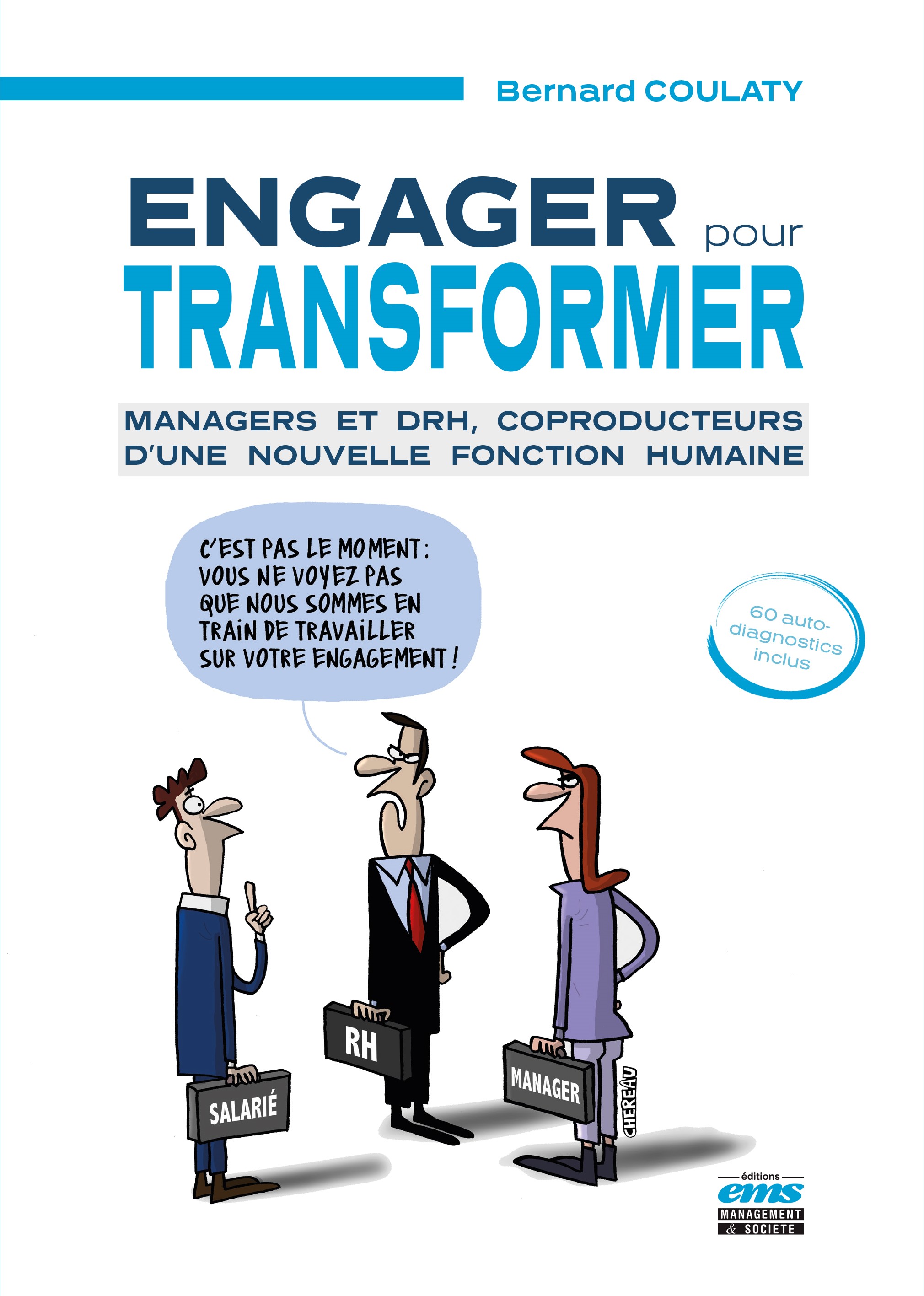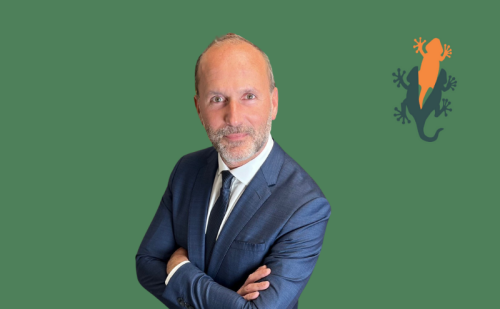
Engage to transform
Bernard Coulaty [TBS Education 1986]
Bernard spent over 30 years as HR Director in France, then in Europe and Asia, for major French groups with an international dimension (Danone, Pernod Ricard). Today, he is a recognized expert in HR engagement and transformation strategies. The author of several books on the subject, including "Engagement 4.0" and more recently "Engager pour transformer" (2024), he asserts his difference, even if it means upsetting the doxa of human resources management.
Asked about a potential new work culture, he confirms that the relationship with work has changed, with a notable acceleration in the wake of the pandemic, particularly in connection with the massive deployment of telecommuting in crisis situations and all its consequences for human relations...
The relationship to work has changed, with a marked acceleration in the wake of the pandemic.
Having observed private-sector employees' relationship with work over a long period, he notes a recent and sometimes paradoxical shift in the aspirations of both the younger generation (under 30) and the older generation (over 50), whose desires are similar in many respects. For example, many employees today dream of finding meaning in their lives outside work, in the freedom that remote working tools can provide.
In the same vein, they reject any form of vertical management in favor of greater autonomy and flexibility in their work practices.
In Bernard's view, this attitude reveals a new situation that should not be taken lightly. While certain elements, such as teleworking and quality of working life, should be taken into consideration when managing the employer brand, the key lies elsewhere, in an in-depth commitment based on values rather than artifice. Companies need to pursue a long-term HR policy based on fundamental commitments, while maintaining the necessary flexibility...
The key lies elsewhere, in an in-depth commitment based on values rather than artifice.

Paradoxically, particularly in France, there is also a desire to develop diversity within the company, while at the same time aligning all employees with the necessary collective agreements, which do not always allow for personalized management of employees. Yet we are all different in terms of our autonomy, our relationship with management, our social life needs... It is therefore necessary to adapt management by having a detailed knowledge of its teams while taking into account the interests of the company and working on the acceptance of differences.
So, when it comes to telecommuting, some employees are highly autonomous, while others need coaching, and the younger generations operate in hybrid/nomadic mode... It is therefore necessary to have a good understanding of the professions and those who carry them out, in order to have a personalized approach according to the types of positions and "work moments" (collective, individual). Telecommuting has become essential, but it needs to be used wisely to create agility rather than to manage the straitjacket of an acquired right.
Bernard even believes that it could be awarded "on merit", making it a factor of differentiation and recognition of individual commitment. These phenomena are also reflected in a reversal of recruitment relationships."Today, it's the company that's the candidate," notes Bernard. We've come a long way from the generations when people forgot about themselves in order to "make a career".
"Today, the company is the candidate.

The response to the new balance of power between recruiters and future employees is often superficial and opportunistic. The translation of "happiness at work" deployed through Quality of Working Life policies that are often purely cosmetic is a swindle:
"It's not by organizing conventional, infantilizing after-work sessions or installing a baby-football table that we conduct a Human Resources policy! Nor, for that matter, can you maximize teleworking days or increase salaries, since even the prospect of promotion no longer appeals to increasingly volatile candidates...
The heart of the reactor lies in the coherence between corporate commitment and personal commitment...
But to lay the foundations for a new contract with employees, the company needs a certain amount of time, which it doesn't always have. Indeed, young recruits are no longer looking to make a career within a single company, and are extremely volatile, moving from one structure to another at the start of their career, or even through entrepreneurship, whose entry ticket is easier in our digital age.
In this respect, Bernard quotes a thought from Richard Branson that he considers extremely relevant:
"Train people well enough so that they can leave, treat them well enough so that they don't want to!" The key is not to keep employees, but to create the right conditions for them to stay, with inspiring management and a corporate project.
The most important thing for a company is therefore to work on its employer brand over the long term and in depth, to build a robust yet flexible HR policy that gives meaning to the actions of the entire managerial chain, while cautiously testing out the new opportunities opened up by the hybridization of work: 4-day week, "breathing" leave, telecommuting from a vacation location...
In other words, the human resources function is once again being called upon to reinvent itself, without compromising on substance... A fine challenge, and one in which Bernard's work fits perfectly!
Interview by Pierre Souloumiac (TBS Education 1988)


















No comment
Log in to post comment. Log in.